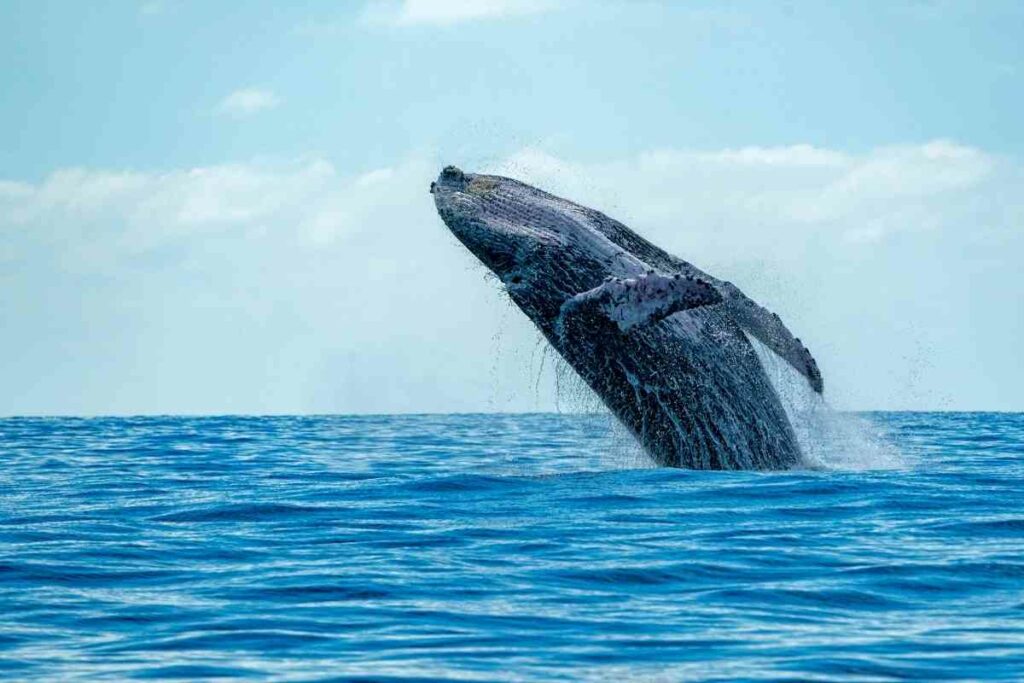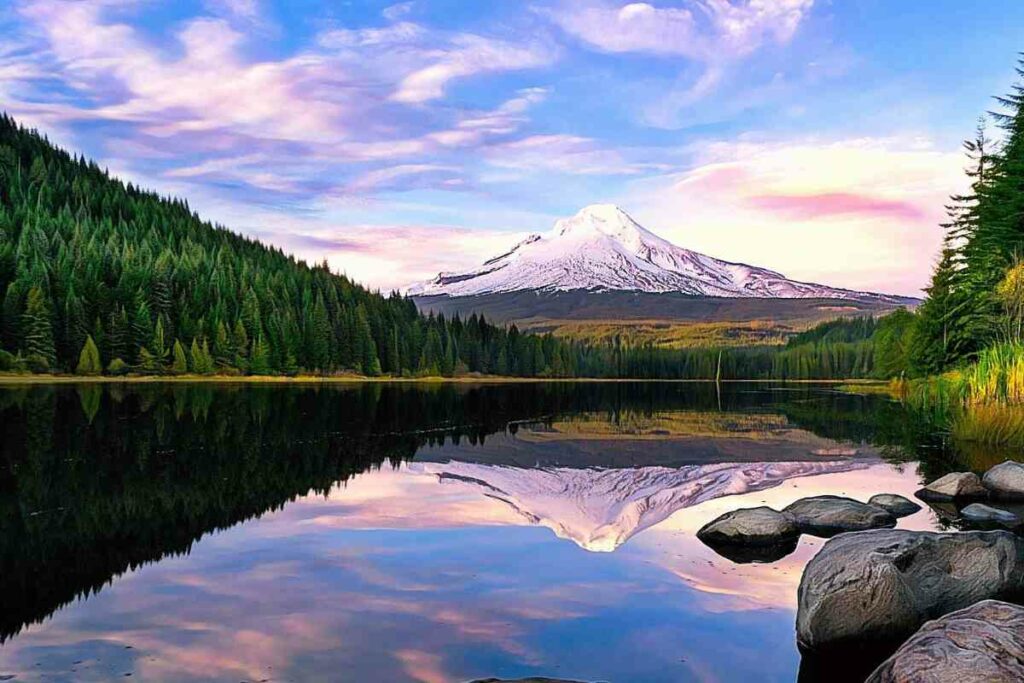The Azores consists of nine islands with extreme beauty and nature. It is a must-visit destination thanks to its lively culture, impeccable cuisine, and lush green landscape.
Visiting here lets you enjoy various activities, including hiking, diving, whale-watching, geotourism, local festivals, and more.
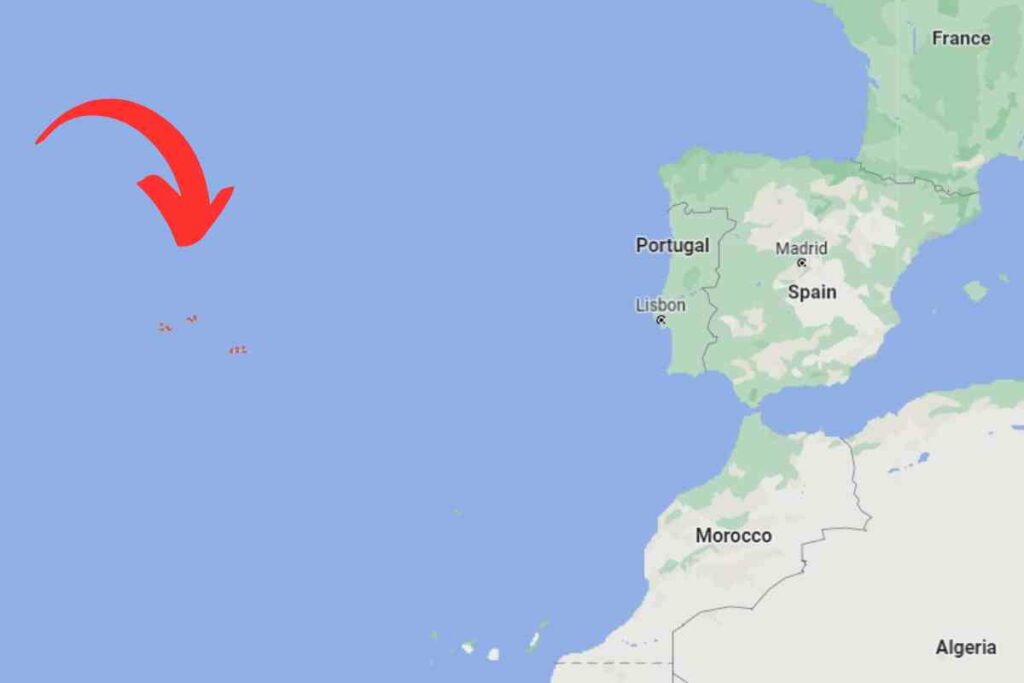
So, when should you visit the Azores? Well, it depends. Do you want to avoid crowds? What activities do you want to experience, and what are your interests?
Do you prefer to vacation in the summer or winter? These questions will enable you to decide when to visit the Azores.
When Is the Best Season to Visit the Azores?
The most popular travel months to this destination are July and August.
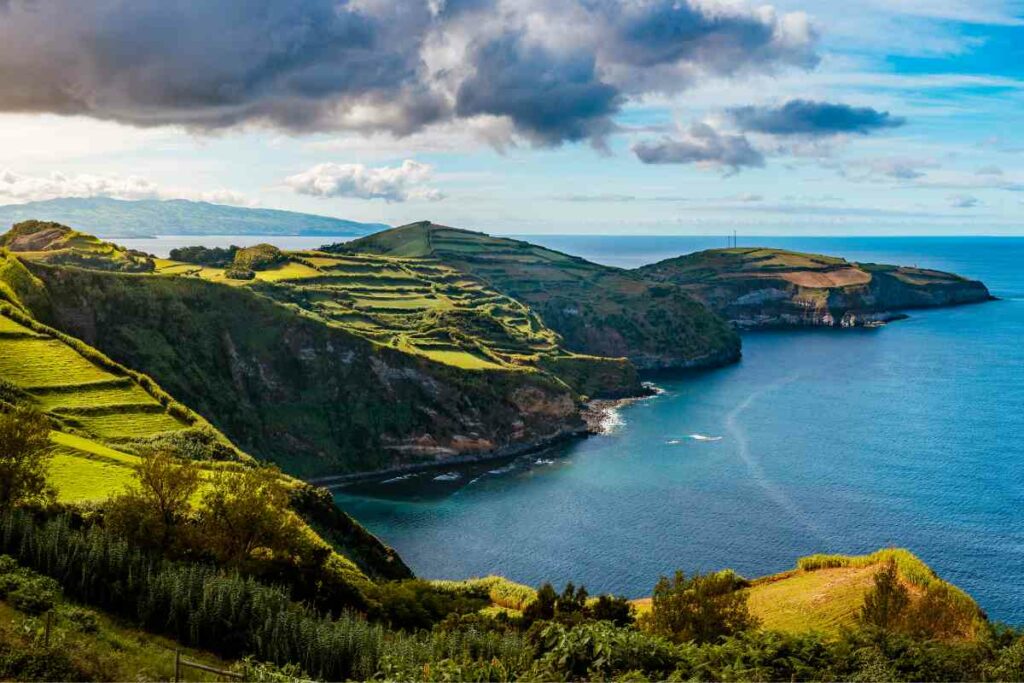
But each season can be great, depending on the trip you want to experience.
Let’s look at the good and the bad for each time of the year.
Winter
The winter season starts in December, ends in March, and consists of wet and rainy days. Many would rather avoid the grey skies, meaning fewer tourists and crowds.
The good news about the off-season is there are often affordable direct flights and tour sales. This makes winter the cheapest time to visit the Azores.

Additionally, the winter weather is still mild, and the sun does come up from time to time, thus allowing you to enjoy the outdoors.
The Azores also has tons of geothermal activity. So, if you’re visiting in the cold months, ensure you get soaked in the incredible thermal pools and hot springs.
Spring
As March turns to April, the Azores start warming up with temperatures of about 17℃ and 20℃.
Spring is still a low season, meaning more affordable flights and tour sales. The best part is that landscapes are evergreen and flowers are blooming.
This makes it an excellent time for nature lovers to visit the Azores while avoiding the summer crowds.
Remember that spring weather is still unpredictable, as the winter rain can often hang around until mid-April.
Summer
Summer begins in late June to late September. These are the most popular months for traveling to the Azores, with July and August being the peak.
The good weather in summer allows for all kinds of outdoor activities, including biking, hiking, and water activities.
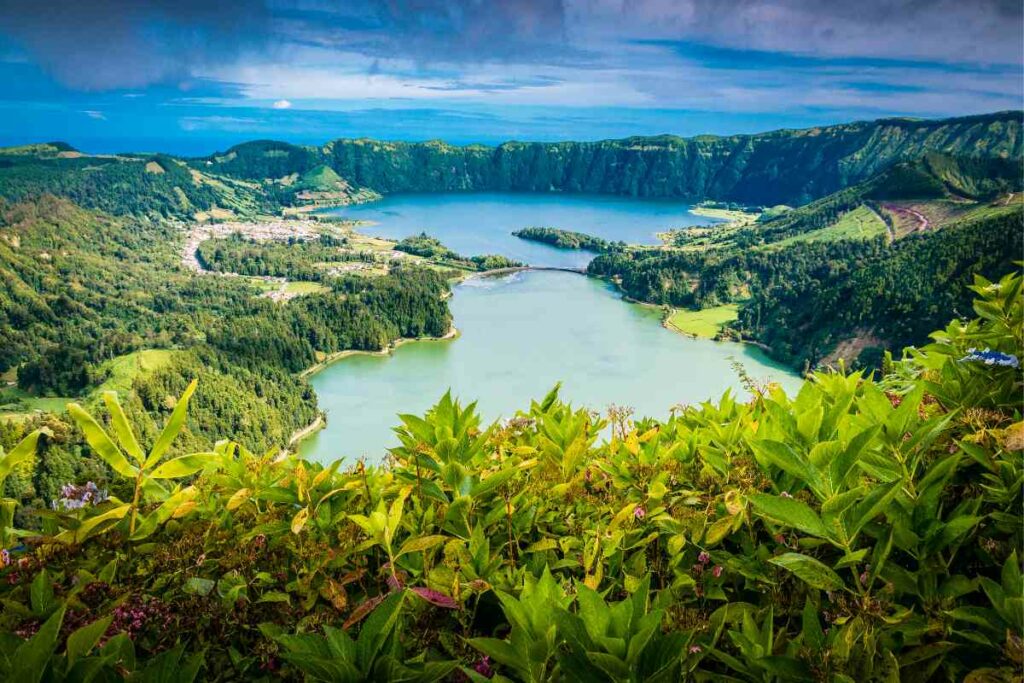
The Azores is also quite beautiful in the summer, with temperate waters, stunning beaches, and the change to summer flowers.
These ideal conditions also mean you might run into more visitors.
In addition, flights, tours, and accommodations are often pricier and harder to find during this peak season.
Autumn
Late summer and early autumn are also prime times to visit the Azores. The weather is still favorable, and the beautiful sunsets and hydrangeas are lingering.
The summer crowds are reducing, making this a good time for a more quiet and relaxing trip.
That being said, the weather can be unpredictable as autumn continues and the rainy season approaches.
When to Visit Azores for Whale Watching
This region is home to about 28 whale species and is among the world’s largest whale sanctuaries.
As a result, whale-watching is an iconic pastime in the Azores, enjoyed by locals and tourists alike.
This activity is available all year round, but some species are more likely to be seen during migration.
The peak season for most whale-watching is late spring and early summer. Blue, sei, and fin whales are often seen in April and May, while sperm whales, baleen whales, and spotted dolphins are more common in summer.
Best Time to Visit for Geotourism
Are you interested in the geological attractions and destinations in the Azores? This region is home to many volcanoes, with nine still active.
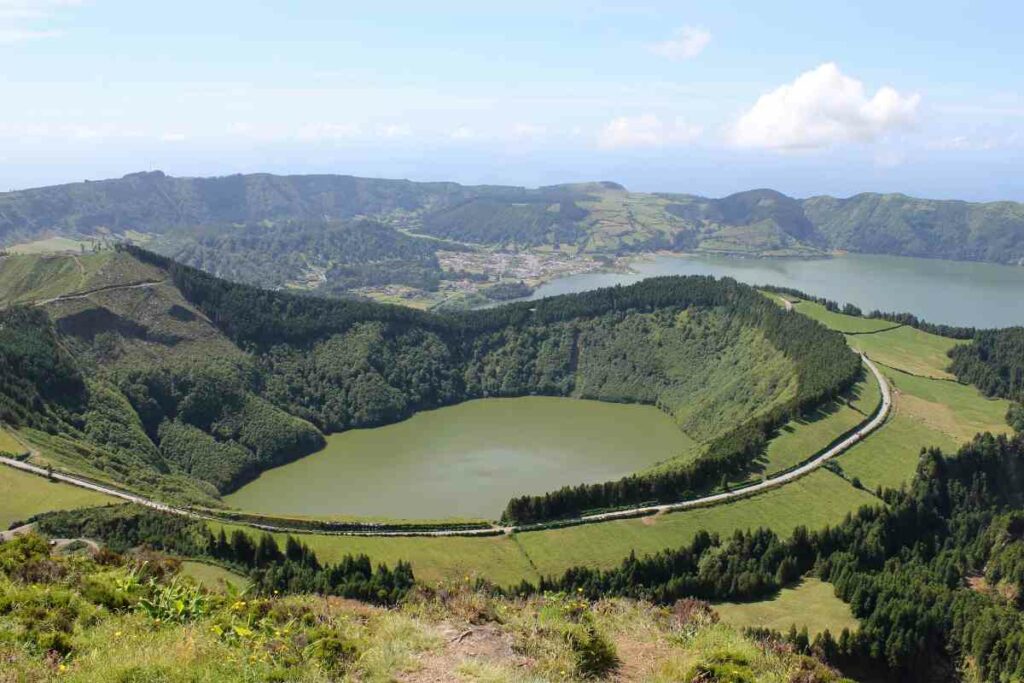
Visitors can also find volcanic caves, crater lakes, lava tubes, and geothermal springs. Of course, most of these places will need a tour guide to help you learn and explore while ensuring safety.
Visitors can go for geotourism any time, but the peak season offers more possibilities with more tours and longer opening hours. Also, some caves are off-limits during winter due to the heavy rains.
Best Time to Visit For Festivals
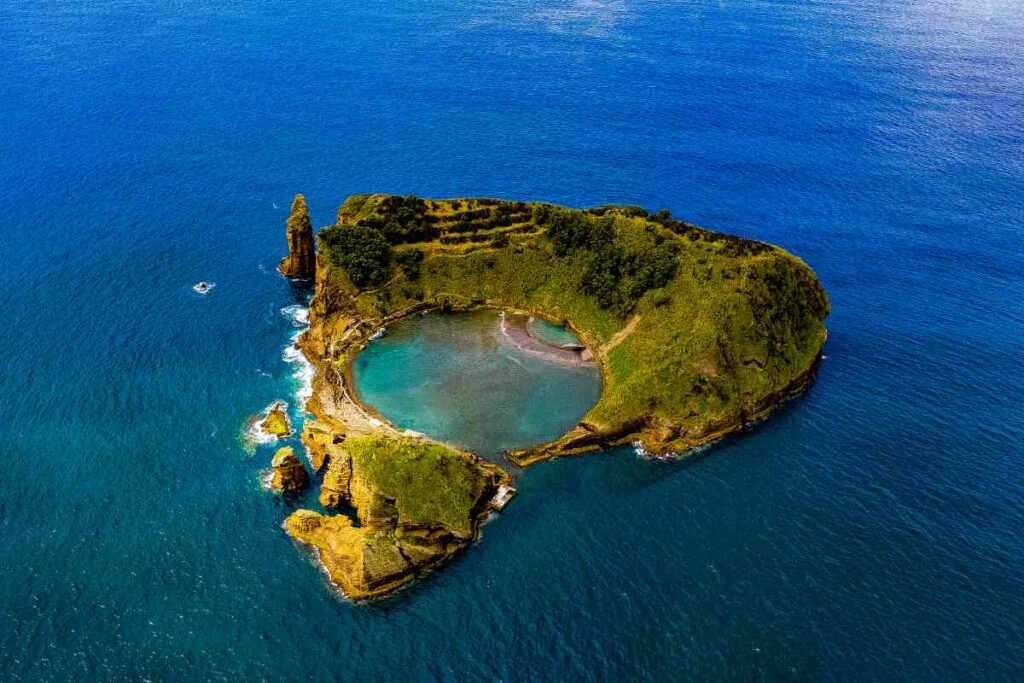
Several festivals take place in the Azores throughout the year.
There’s no perfect time to visit the Azores for festivals; it would be best to find the festival(s) you like and plan a trip around them. So what are some of the biggest festivals in this region?
The Azorean people are very religious and often organize religious celebrations to honor divinity.
The biggest religious festival is the Feast of Santo Cristo, which takes place in May (on the 5th Sunday after Easter).
The celebrations occur in Ponta Delgada, in São Miguel, with a procession through the city’s streets.
Other religious celebrations include:
- The Festa do Divino Espirito Santo takes place in May on all of the islands.
- The Sanjoaninas: This 10-day celebration takes place in June on the islands of Terceira and São Jorge.
- The Festival of St. Mary Magdalene is held on the 22nd of July each year.
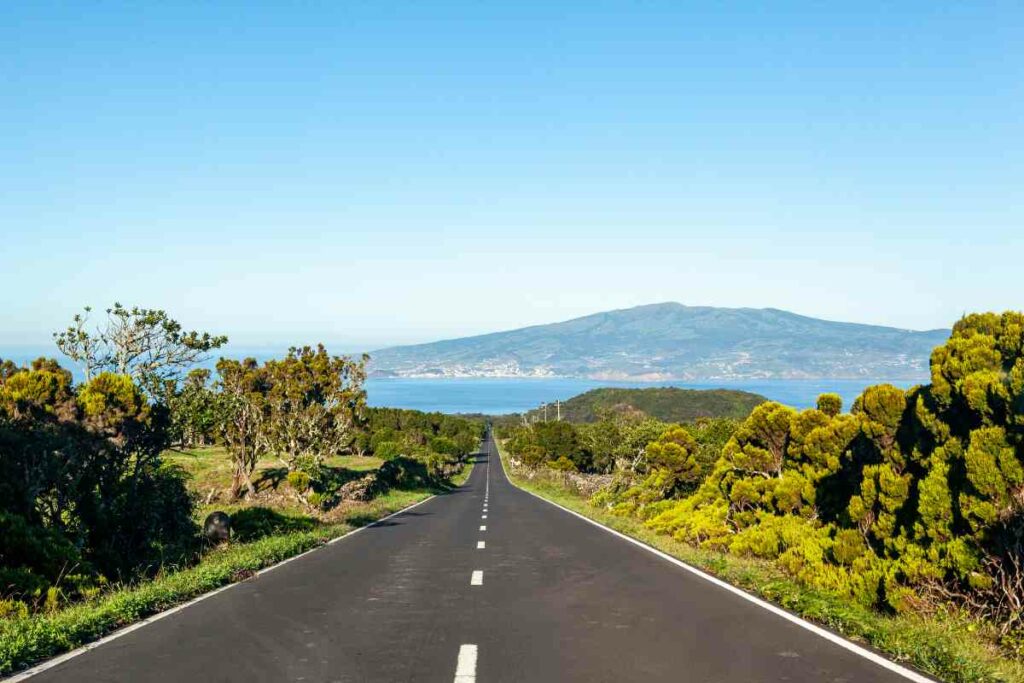
Many locals and tourists also flock to the islands to participate in non-religious festivals, such as:
- The Maré de Agosto Festival happens in August on the island of Santa Maria
- The Wine Harvest Festival in September on the Pico Island
- Carnaval: This is a 4-day celebration organized throughout the Azores. It is in February and features masked balls, lively music, parades and pageants, colorful costumes, caretos, dances, and more.
- The Semana do Mar (Sea Week) is dedicated to water sports in August.
- Red Bull Cliff diving: World-class cliff divers come to the Azores in late June or July to showcase their talent and compete.
- Running of the bulls: The annual bullfighting is one of the Azores’ largest festivals and tourist attractions. This festival occurs on most of the islands in August and September. Bullfighting is a fun spectacle to watch for both locals and visitors.
- The Azores Rallye: This international rally racing event takes place in March on the island of São Miguel. Many people love watching the car race and the festivities surrounding it.
- Walk&Talk: This is an art festival held in July and consists of local and visiting artists. Walk&Talk is an excellent opportunity to explore Azorean art, culture, and artistic ventures.
Conclusion
Given the mild weather and fun activities throughout the year, the best time to visit the Azores is whenever possible.
But if you want a specific experience, this guide will help you plan your trip more effectively and get the most out of it.
For instance, summertime will give you an outdoor adventure of a lifetime. But if you prefer whale watching, go in late spring.
Winter months are cold with fewer attractions, but they are more affordable and can provide a unique vacation. No matter the time or season, be sure to have fun!
- When Is the Best Time to Visit Cancún?
- Best Time to Visit Oslo (Weather, Tourist Seasons & More)
- Best Time to Visit Darjeeling (Weather, Festivals & More)
- Best Time to Visit Azores for an Unforgettable Vacation
- When Is the Best Time to See Whales In Alaska?
- The Best Time to Visit Oregon for a Memorable Experience





